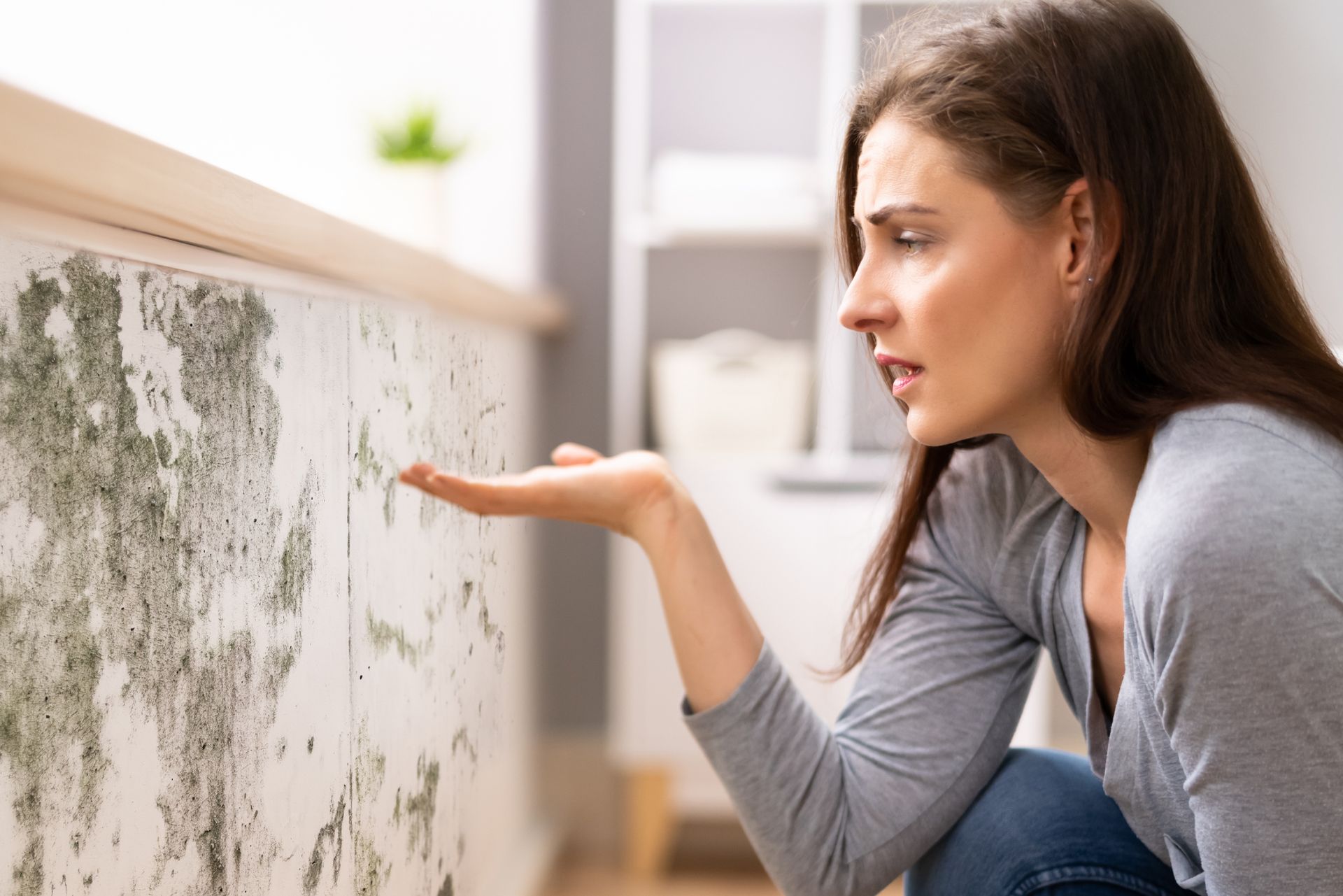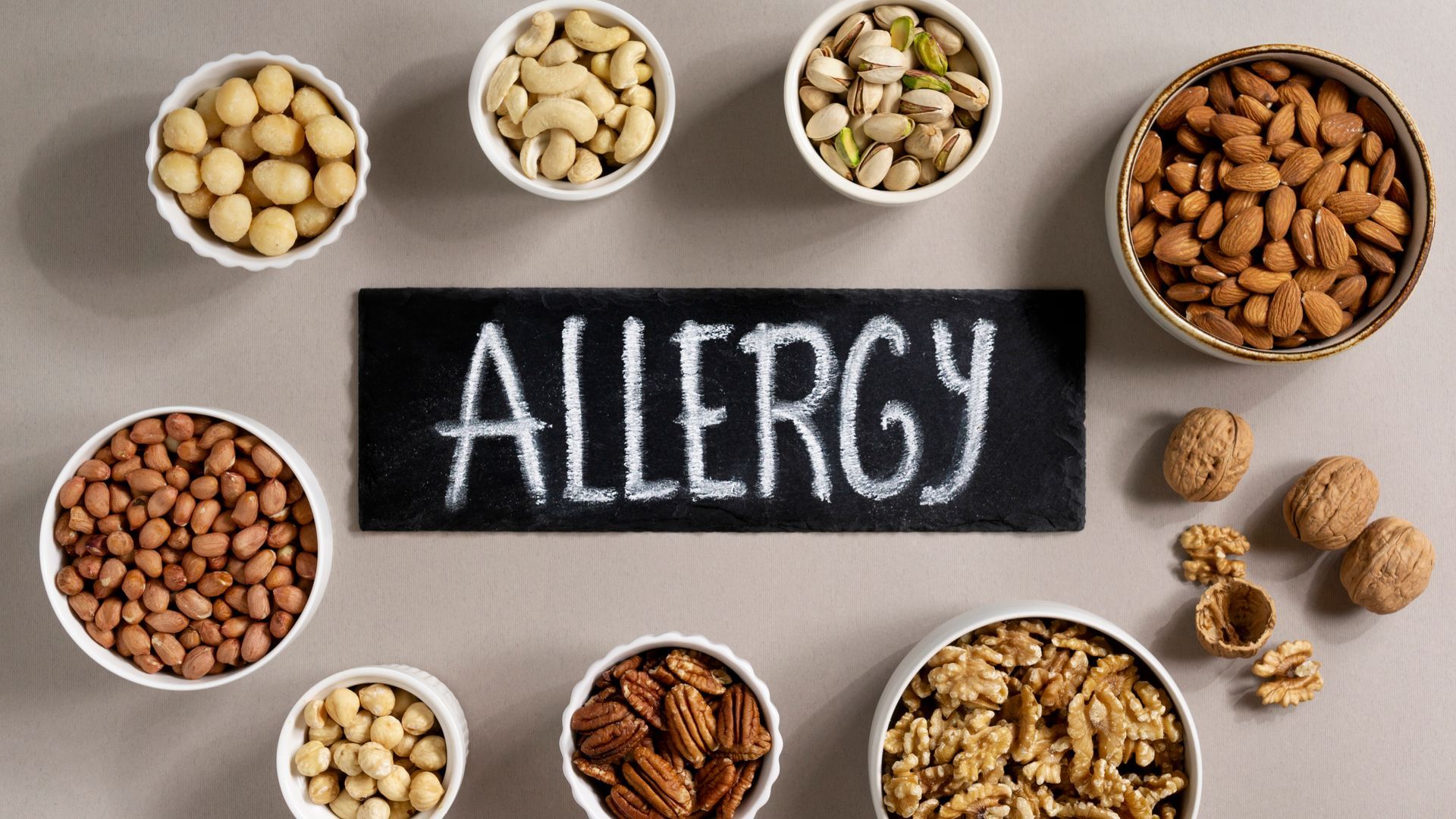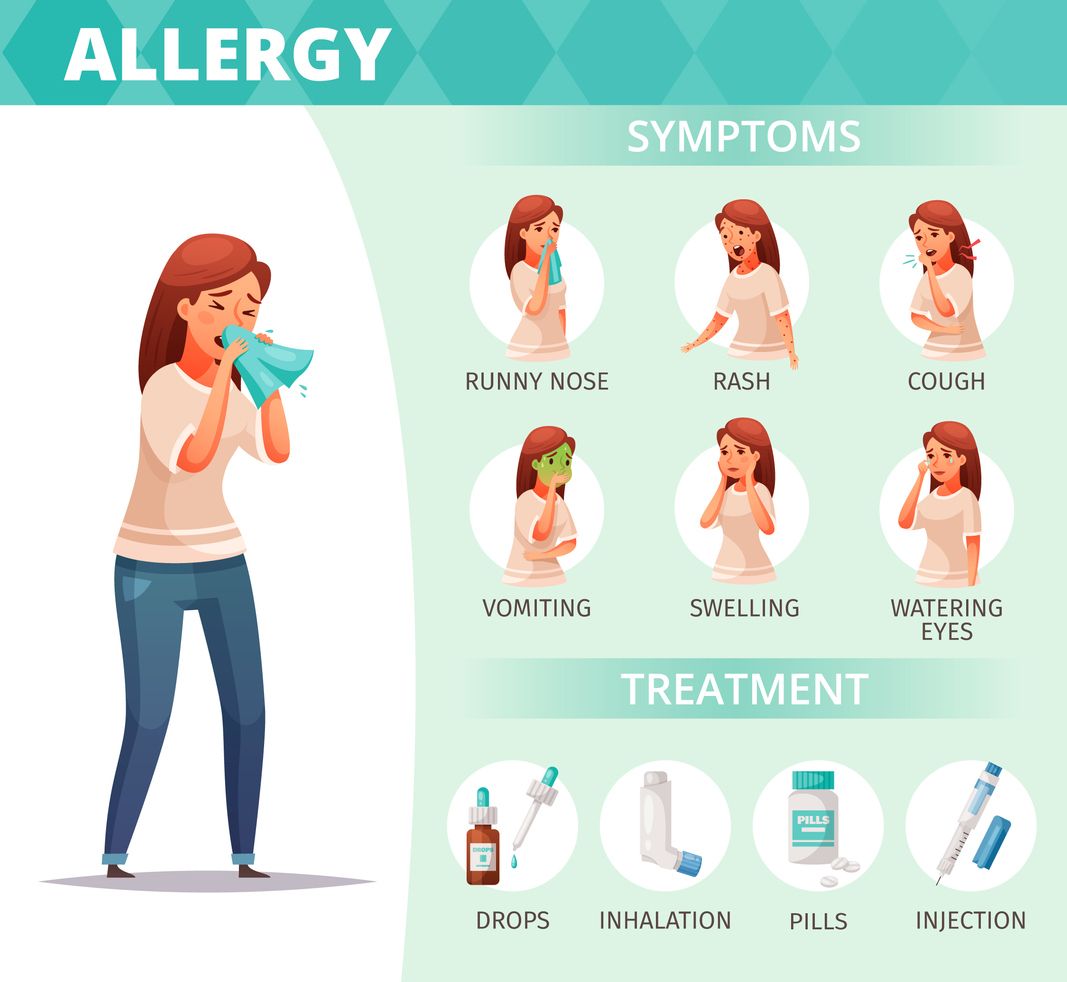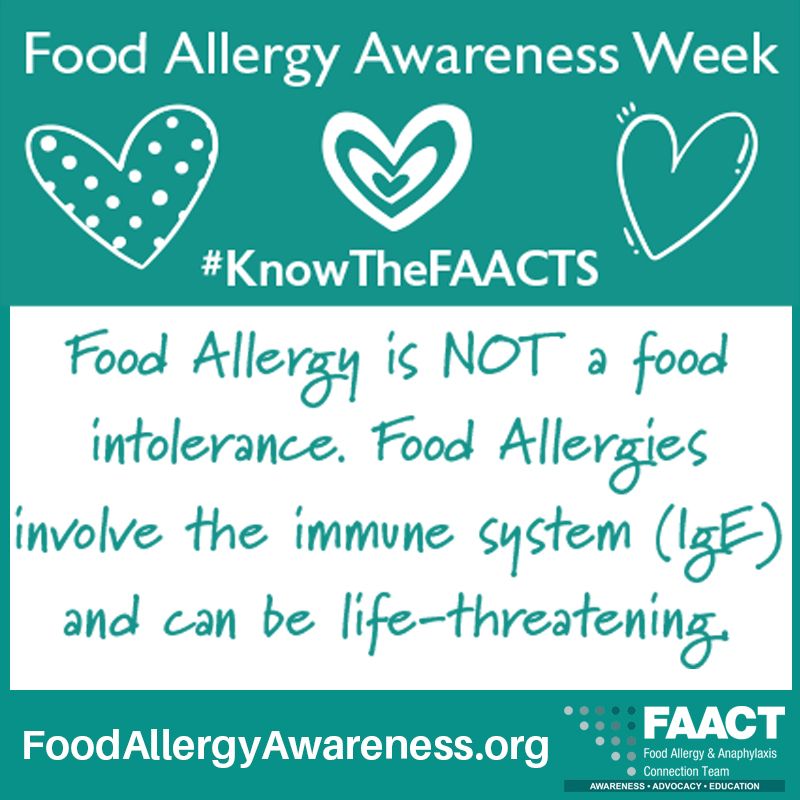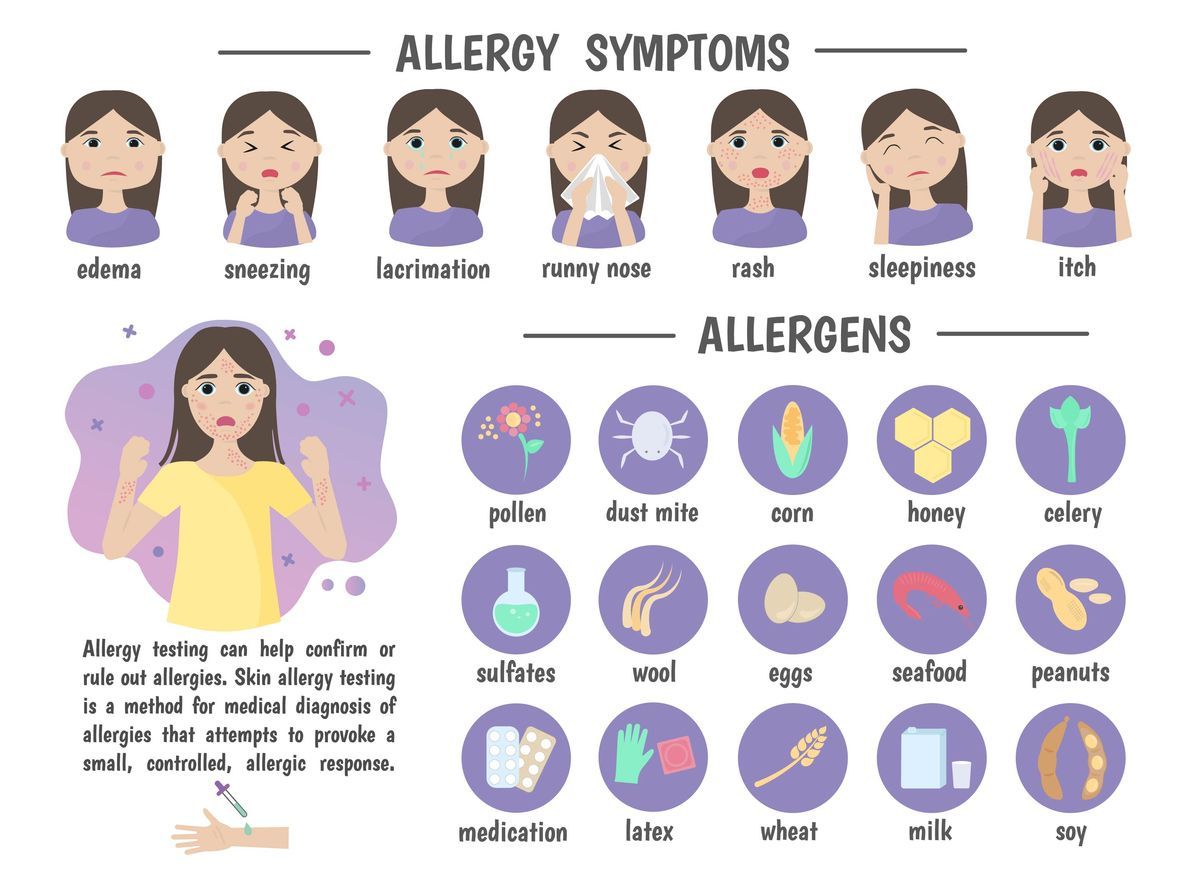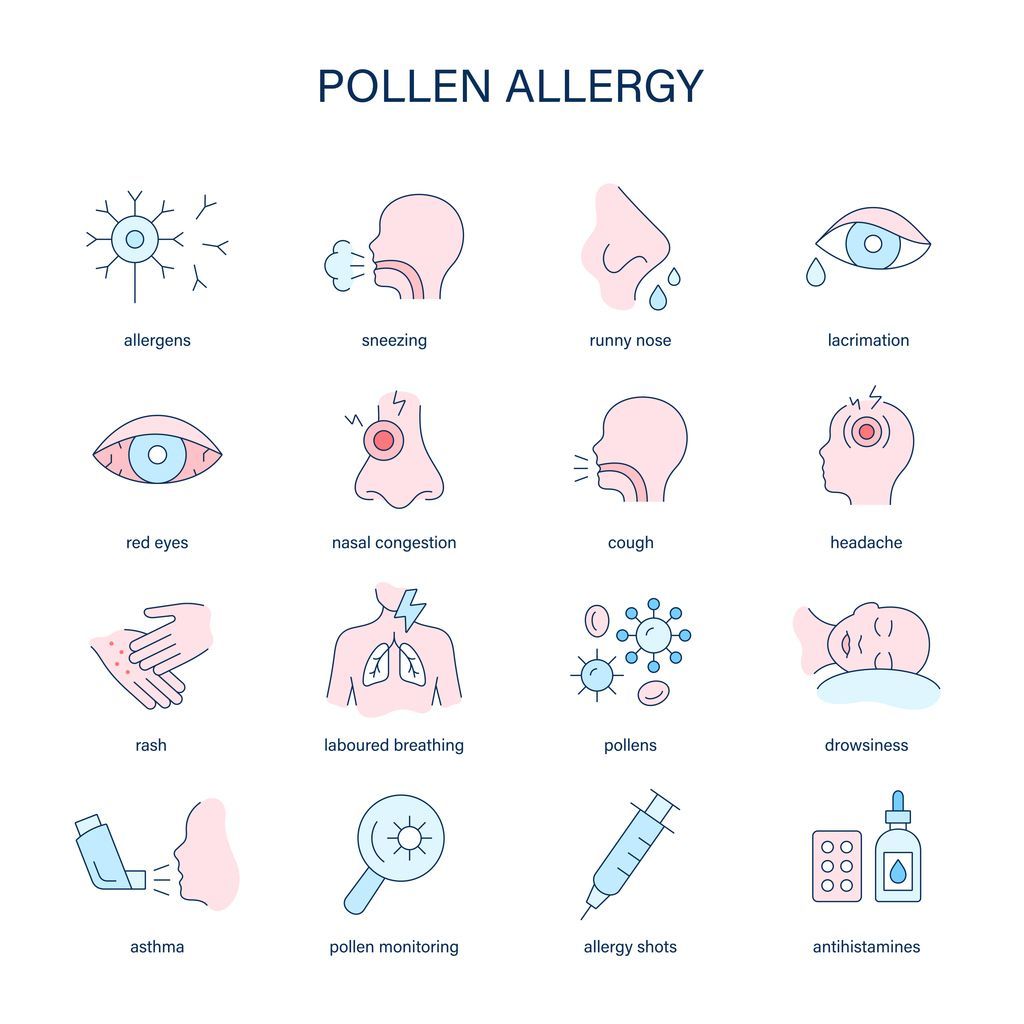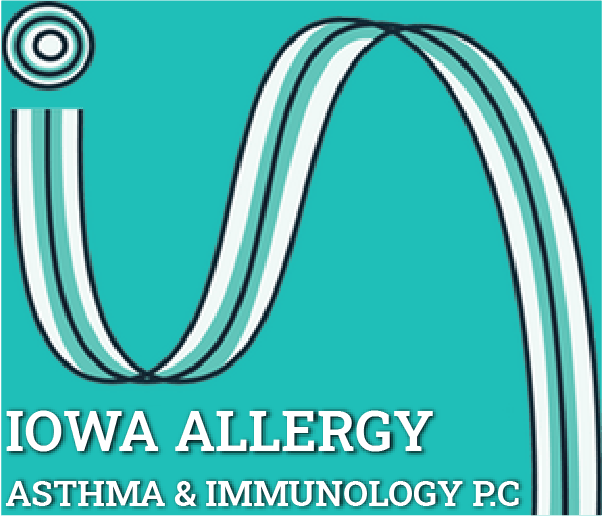April showers bring May flowers… and allergies.
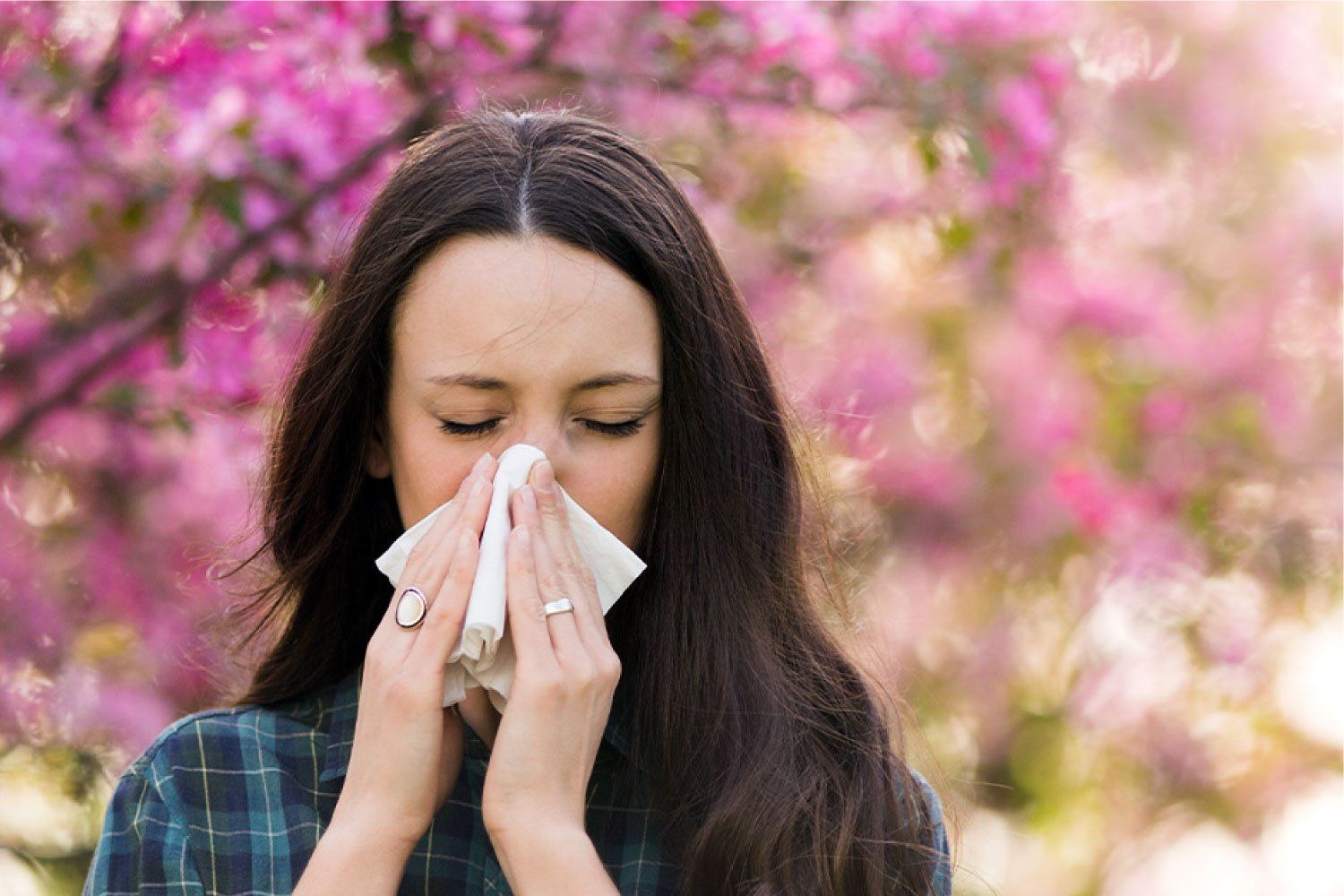
Why do your allergy symptoms flare in the spring?
As the weather begins to warm up in Iowa, grass and tree pollen is released into the air. Pollen is a small and light grain produced by plants that travel in the wind to fertilize other plants of the same species. Pollen can travel many miles if the conditions are right. Pollen from pine trees has even been found 1,800 miles from the original source. Since pollen spreads by the wind over great distances, it can end up on your skin, eyes, nose, lungs, and sinuses. This can result in allergy symptoms or hay fever.
What are several common spring allergy symptoms?
A common question we receive is, "What are symptoms of spring allergies?" Everybody is different, meaning that everyone's immune system is going to exhibit different pollen allergy symptoms. Although there are a variety, these are several of the most common spring allergy symptoms:
- Itchy/Watery Eyes
- Sneezing
- Sinus Congestion
- Runny Nose
- Sore Throat
- Hives/Itchy skin
- Cough
- Postnasal Drip
- Headache
- Ear Fullness/Popping/Clicking
- Shortness of breath/Wheezing/Chest tightness
What can be done at home to manage spring allergies?
There are a few options for at-home remedies for spring allergies. Here are several of our pollen allergy treatment recommendations:
- Stay indoors on dry and/or windy days or when pollen counts are high.
- Pollen counts can be checked using apps and the internet.
- After being outside, wash clothes and take a shower to minimize the pollen brought into the house.
- Keep indoor/outdoor pets well-groomed to minimize pollen brought into the house.
- Wear sunglasses and a mask outdoors to minimize pollen contact.
- Minimize contact lens use as pollen can be trapped onto eyes.
- Keep windows closed and use air conditioning with high-efficiency particulate air (HEPA) filters as well as stand-alone HEPA filters in the house, especially the bedroom, to filter pollen out of the air
- Vacuum and clean surfaces regularly
How can Iowa Allergy help control allergies?
Allergy testing is done on the skin to determine which allergens could be causing symptoms and help guide management. After which 4 options are available:
- Avoidance – management as outlined above for at-home reduction of allergen exposure.
- Medications – we can suggest up to six treatments to help manage springtime allergies. They are a combination of medications by mouth, nose sprays, and eye drops.
- Allergy Shots – these are not traditional medications but contain the allergens to which the patient is allergic. Allergy shots are highly effective and train the body over time to accept the allergens by changing response of the immune system.
- Allergy Drops - these are not traditional medications but contain the allergens to which the patient is allergic. Allergy drops are highly effective and train the body over time to accept the allergens by changing response of the immune system. They are done at home under the tongue without needles.
Call and schedule an appointment at Iowa Allergy to get help with your spring allergies today!

